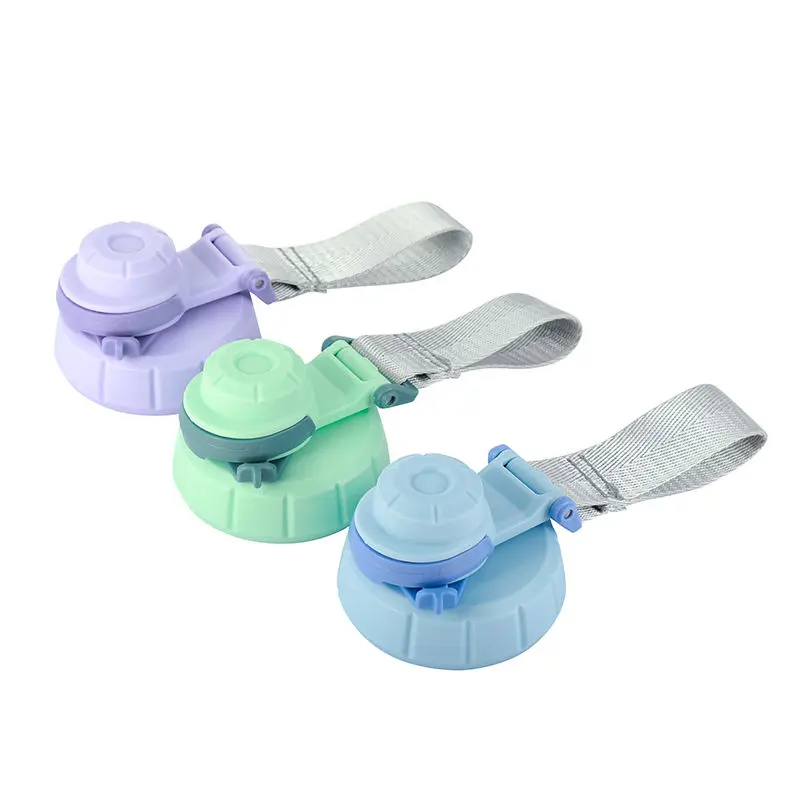Water bottles are ubiquitous items in our daily life. Whether we use them to stay hydrated during workouts, quench thirst on the go, or reduce our carbon footprint, they’ve become a must-have accessory for many. However, have you ever thought about water bottles expiring? In this blog, we’ll unravel the truth behind this common problem and shed light on water bottle shelf life.
Know the material:
To understand when a water bottle may expire, it’s crucial to first understand its primary material. Most commonly, water bottles are made of plastic or metal. Plastic bottles are usually made of polyethylene terephthalate (PET) or high-density polyethylene (HDPE), while metal bottles are usually made of stainless steel or aluminum.
Shelf life of plastic water bottles:
Plastic water bottles, especially those made from PET, do have a shelf life. While they won’t necessarily spoil or become harmful after this time, their quality may deteriorate over time. Also, over time, plastics can start releasing harmful chemicals, such as bisphenol A (BPA), into the water, especially when exposed to heat. Therefore, it is recommended to replace plastic water bottles after the expiration date, which usually has a label on the bottom.
Shelf life of metal water bottles:
Metal water bottles such as stainless steel or aluminum usually have no shelf life compared to plastic bottles. Due to their durability and non-reactivity, they are less likely to degrade or leach harmful substances into water. However, regular cleaning and inspection of metal bottles for any signs of damage or wear is recommended to ensure their safety and longevity.
Regular maintenance and maintenance:
Regardless of the material, proper care and maintenance is essential to ensure the longevity and safety of your water bottle. Here are some tips to follow:
1. Clean the water bottle regularly with warm water and mild soap to prevent the growth of bacteria or mold.
2. Avoid using harsh chemicals or abrasive materials when cleaning as they may damage or weaken the bottle.
3. Dry the bottle thoroughly after washing to prevent moisture buildup that can lead to bacterial growth.
4. Store the water bottle in a cool, dry place away from direct sunlight or extreme temperatures.
5. Regularly inspect the water bottle for any signs of damage, including cracks, leaks, or unusual odors. It is best to replace the bottle if any problems are found.
By following these maintenance practices, you can extend the life of your water bottle and keep it safe, no matter its expiration date.
in conclusion:
While water bottles don’t necessarily have an indefinite lifespan, the expiration applies primarily to plastic bottles because of their potential for chemical leaching or deterioration. Metal water bottles, on the other hand, generally do not expire, but require regular care and maintenance. By understanding the materials used and adopting proper maintenance practices, you can enjoy a safe and reusable water bottle for the long term, reduce your environmental impact and promote hydration.
Post time: Jun-24-2023


